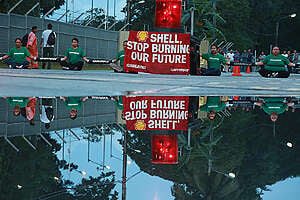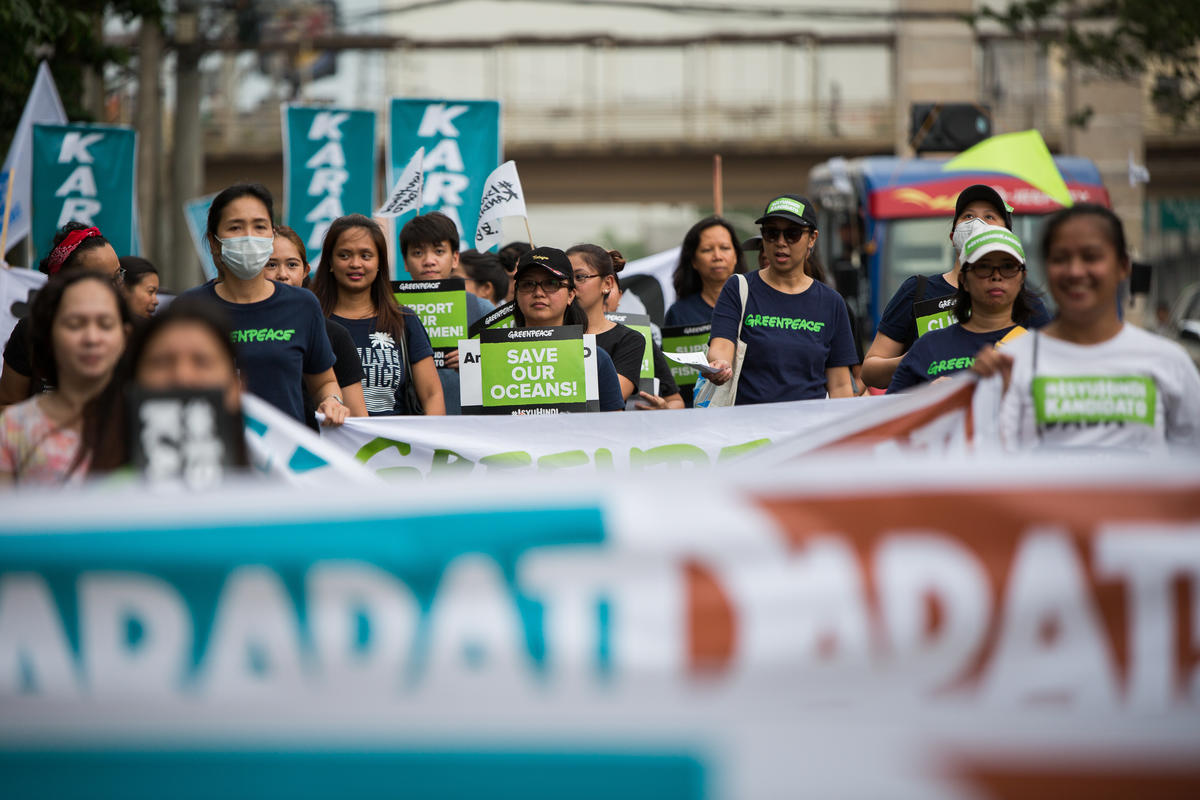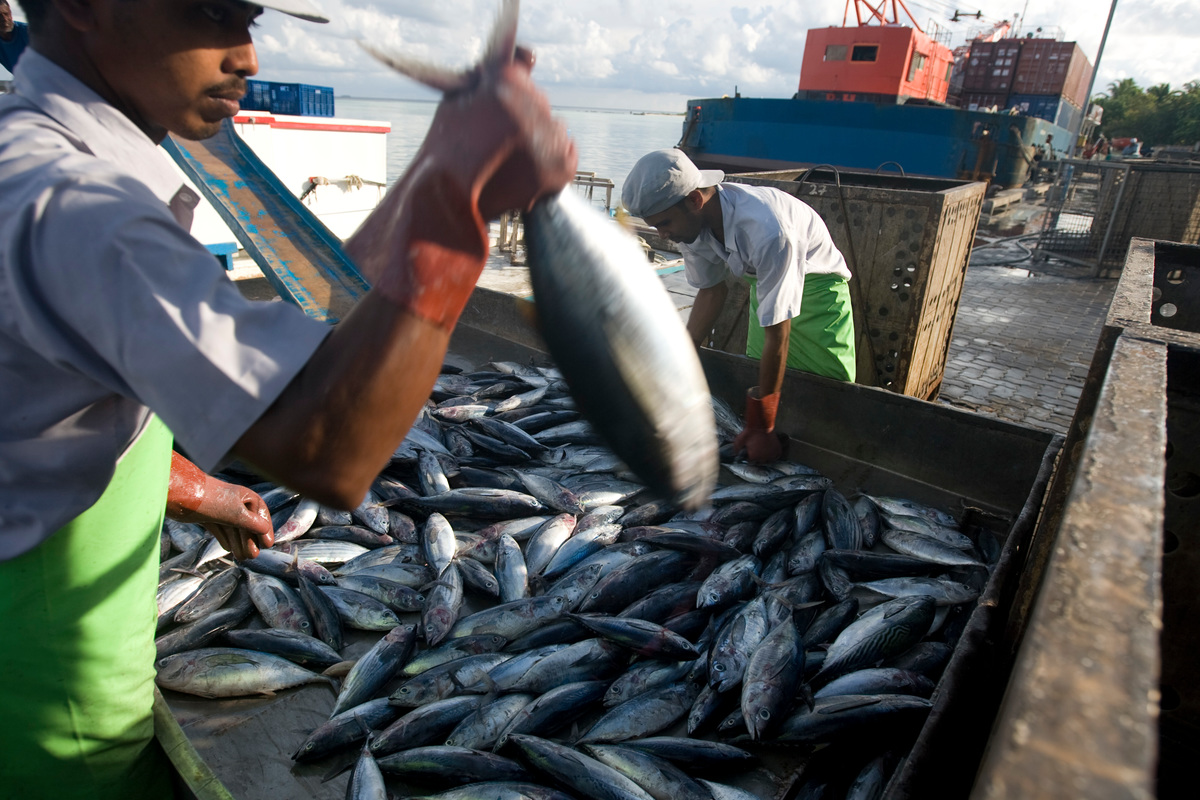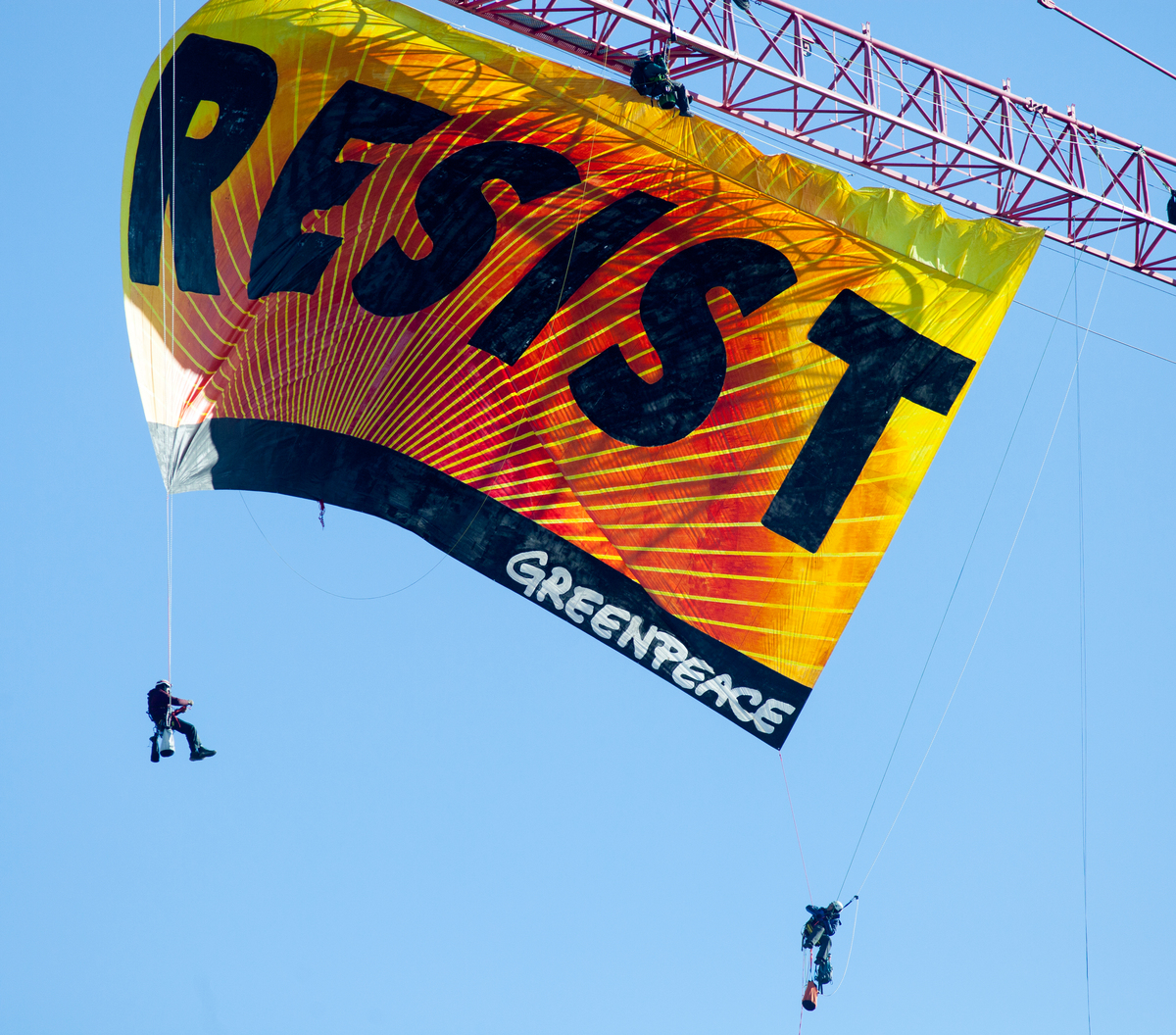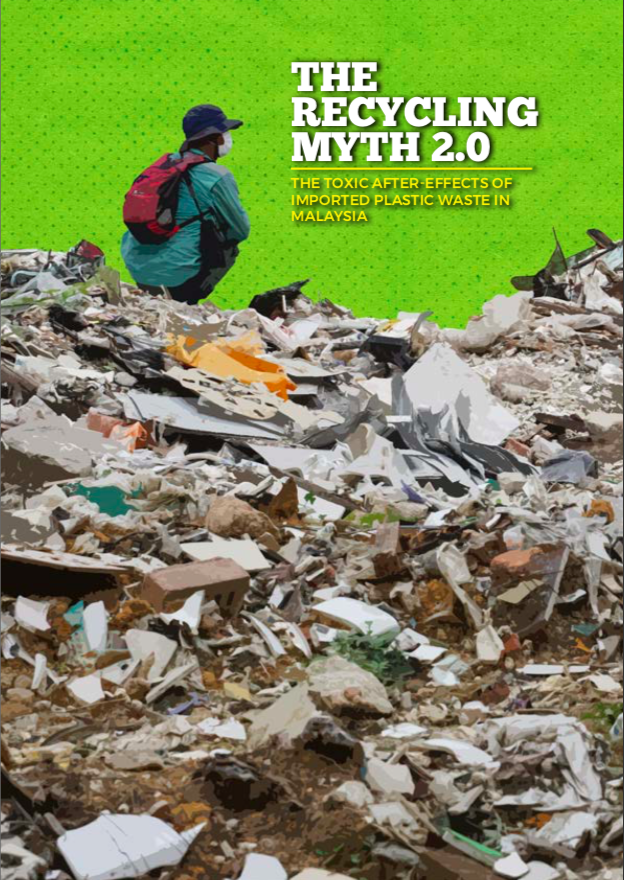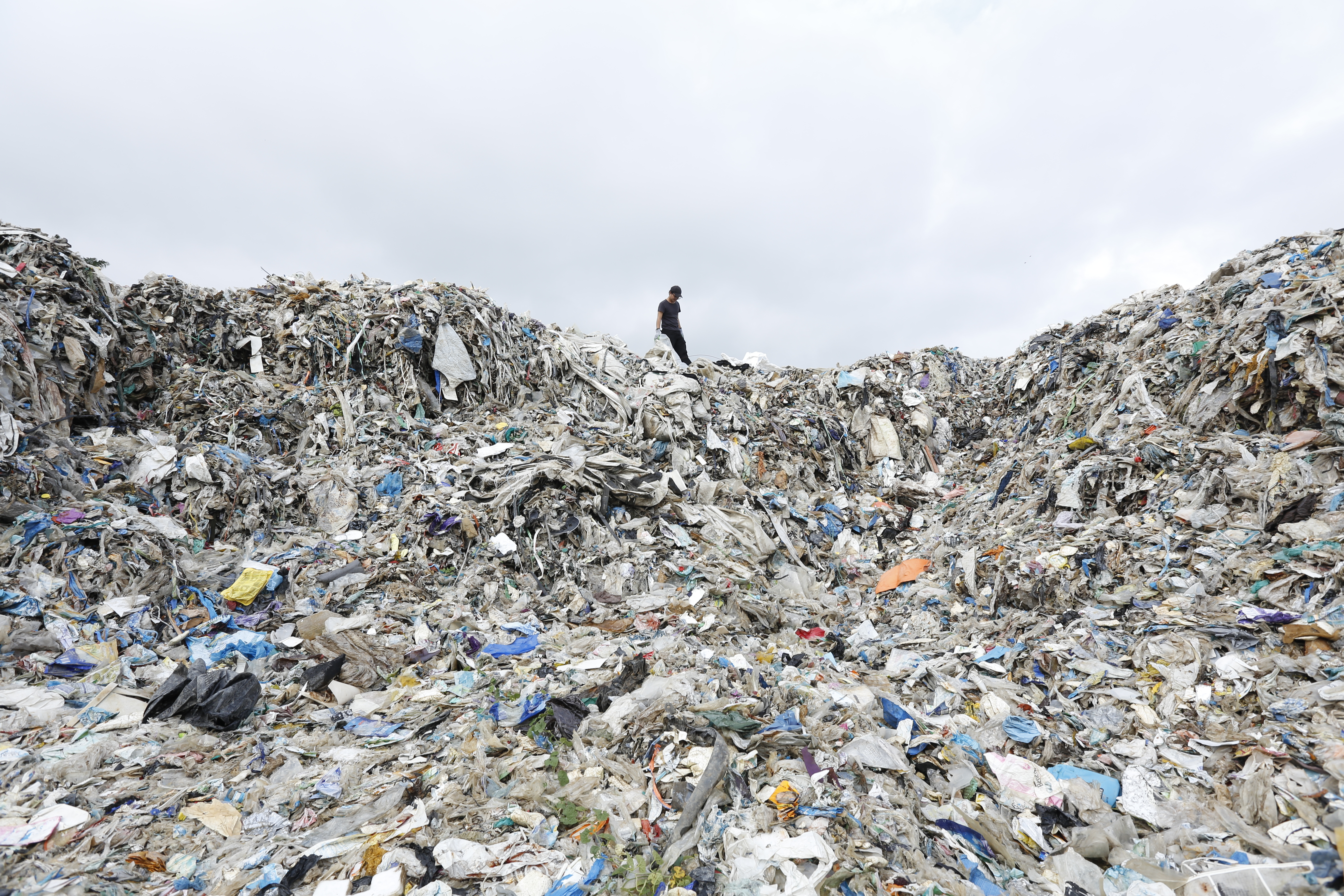All articles
-
Real-time counter tracks cost of air pollution during COVID-19
The cost of air pollution counter, developed by Greenpeace Southeast Asia and IQAir AirVisual, reveals the impact of air pollution in 28 cities around the world since 1 January, 2020.
-
Greenpeace Philippines statement on the signing into law of the Anti-Terror Bill
We at Greenpeace believe that activism is essential for a better normal. We will continue to speak out and act in solidarity, ensuring that those whose voices remain unheard will be heard. We will not be silenced.
-
Health experts push back against plastic industry to declare safety of reusables during COVID-19
The oil and plastics industry wants you to think that you and your family are safer when your food, drinks and other products are wrapped in plastic. But health experts around the world agree that reusables can be used safely during the COVID-19 pandemic.
-
Fisherfolk helping out Thailand’s essential workers is the community spirit we need right now
During the lockdown, the fish markets were temporarily closed. Few people visited so local fishers lost their regular clientele, and fresh seafood prices significantly dropped by more than a half due to higher transportation costs.
-
Greenpeace’s Response to Sime Darby Announcement to Exit from the HCSA Steering Committee
In response to Sime Darby announcement to exit from the HCSA steering committee, Grant Rosoman Global Forest Solutions Coordinator for Greenpeace International said:
-
Greenpeace Philippines joins calls to scrap anti-terror bill
“Activism is not a crime--it is a prerequisite to a green, just and peaceful society. Empowered participation and collective citizen action in political discourse, including in opposing harmful government policies and business practices, are vital in protecting the health and well-being of Filipinos and the environment on which we depend."
-
THE RECYCLING MYTH 2.0: The Toxic After-Effects of Imported Plastic Waste in Malaysia
A joint investigation was carried out last year by Greenpeace, revisiting several locations suspected to have onsite imported plastic waste to find out the lasting environmental and health impacts of the imported plastic waste trade.
-
Shocking images of critically endangered tiger caught in a trap
A critically endangered Sumatran tiger trapped in a snare in a pulp concession operated bay Sinar Mas Group’s Asia Pulp and Paper (APP) - one of the world’s biggest paper producers - has died after days without access to food and water. PT Arara Abadi, the concession where the tiger was found, has recorded one…
-
Waste trade woes: Plastic waste from developed countries add to Malaysia’s environmental crisis
In their latest report, The Recycling Myth 2.0, Greenpeace Malaysia found hazardous substances and chemicals that are potentially harmful to human health and the environment through a series of investigations involving water and soil sampling at four sites in Selangor and Kedah, Malaysia
-
Maize, Land Use Change, and Transboundary Haze Pollution
Both the PM2.5 and transboundary haze pollution are directly related to the growth of monoculture agriculture in Thailand and in the neighboring countries. There is evidence that maize pricing varies with the number of fire hotspots. When there is a high demand for maize, there is also a higher number of hotspots.

